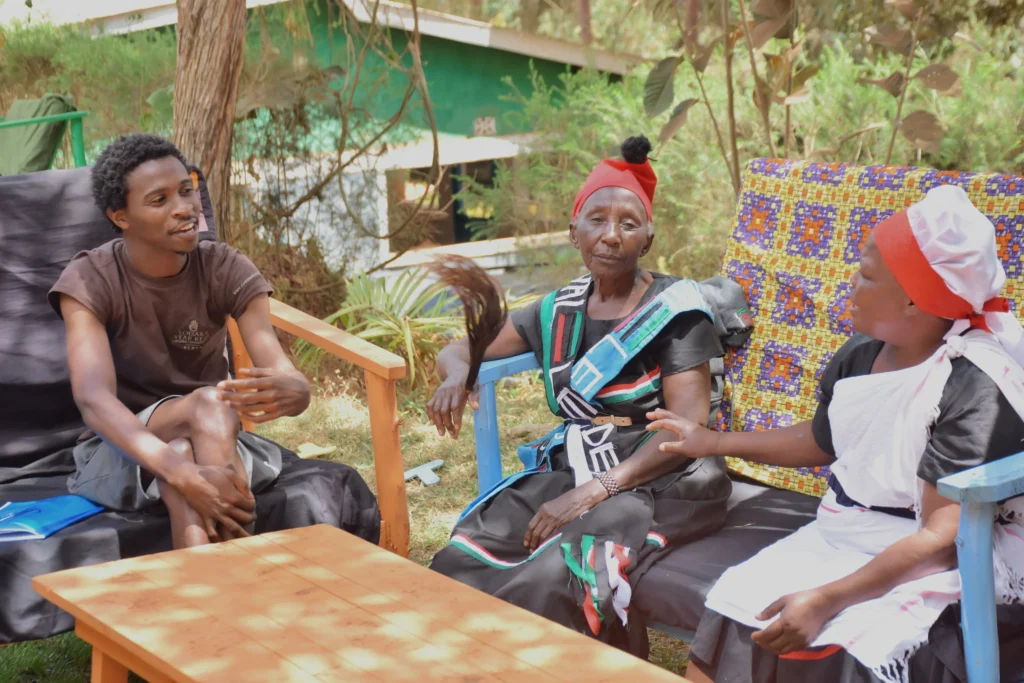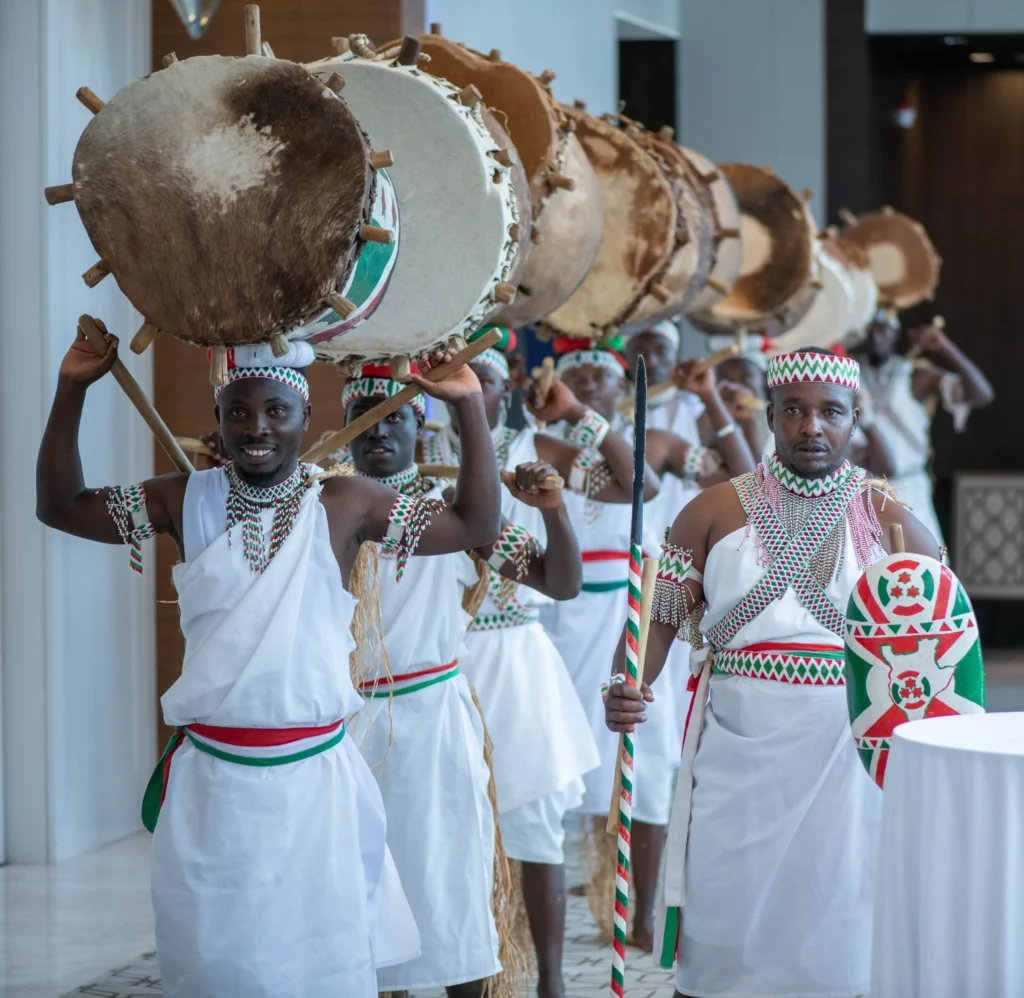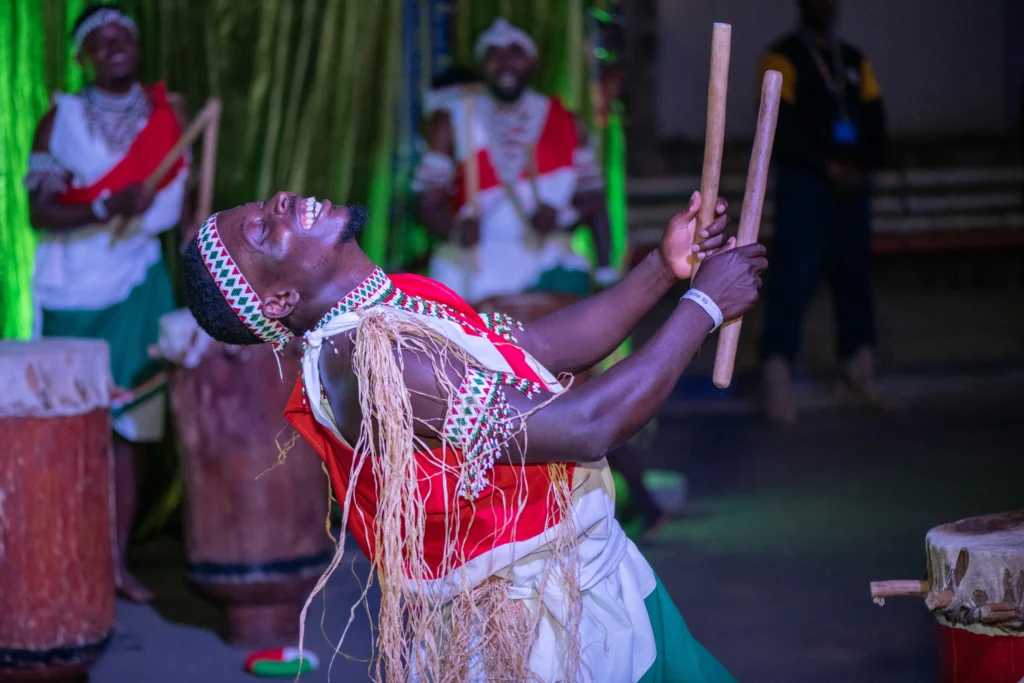The rhythms that move the world today—from jazz and blues to reggae and hip-hop—carry the DNA of African musical traditions that traveled across oceans and continents, transforming and enriching every musical culture they encountered. Understanding this musical migration reveals not just the history of sound, but the resilience, creativity, and enduring influence of African cultural knowledge systems.
Seeds of Sound: What Traveled and How
When enslaved Africans were forced from their homelands, they carried with them one of the few possessions that couldn’t be confiscated—their musical knowledge. The rhythmic patterns, vocal techniques, instrumental concepts, and spiritual understanding of music that had developed over millennia in Africa became the foundation for entirely new musical traditions in the Americas, the Caribbean, and eventually the world.
These weren’t just songs or simple melodies that traveled, but complete musical systems—ways of understanding rhythm, approaches to vocal expression, concepts of call-and-response, and ideas about music’s spiritual and social functions. These deep structural elements proved remarkably resilient, adapting to new instruments, languages, and cultural contexts while maintaining their essential African character.
The Rhythmic Revolution
Perhaps nowhere is African musical influence more profound than in the realm of rhythm. The complex polyrhythmic structures that characterize many African musical traditions—multiple simultaneous rhythmic patterns that create intricate, interlocking soundscapes—fundamentally changed how music was conceived and experienced in the Western world.
Before significant African musical influence, European musical traditions primarily relied on single, straightforward rhythmic patterns. The introduction of African polyrhythmic concepts through enslaved musicians created entirely new possibilities for musical expression, leading to the syncopated rhythms of ragtime, the swing of jazz, the shuffle of blues, and eventually the complex rhythmic foundations of hip-hop and electronic dance music.
Vocal Traditions and Emotional Expression
African vocal traditions brought new concepts of musical expression that emphasized emotional authenticity over technical perfection. The use of vocal techniques like blue notes, melisma, call-and-response, and improvisation introduced ways of singing that could express complex emotional states and spiritual experiences that formal European vocal traditions couldn’t accommodate.
These vocal innovations became foundational to blues, gospel, jazz, soul, and countless other genres. The African understanding of the voice as a direct channel for spiritual and emotional expression revolutionized popular music, creating space for the raw emotional power that characterizes the most influential music of the past century.
Spiritual Foundations of Musical Innovation
African musical traditions brought sophisticated understanding of music’s spiritual dimensions—its power to facilitate healing, community building, religious experience, and social transformation. This spiritual approach to music created new genres that served not just as entertainment but as vehicles for social change and community empowerment.
Gospel music, spirituals, protest songs, and liberation anthems all draw on African traditions that understand music as a tool for social and spiritual transformation. This concept of music as a force for change rather than just artistic expression has influenced everything from the civil rights movement to contemporary activism worldwide.
Instrumental Innovation and Adaptation
African musicians demonstrated remarkable creativity in adapting their musical concepts to new instruments and technological possibilities. Unable to recreate traditional African instruments, enslaved musicians learned to extract African sounds from European instruments, fundamentally changing how guitars, pianos, horns, and other instruments were played.
The blues guitar techniques that became foundational to rock music, the jazz piano styles that revolutionized keyboard playing, and the horn arrangements that defined big band music all emerged from African musicians applying their traditional musical concepts to unfamiliar instruments. This adaptive creativity created entirely new instrumental vocabularies that continue to influence musicians worldwide.
Cultural Preservation Through Musical Evolution
One of the most remarkable aspects of African musical migration is how traditional knowledge was preserved and transmitted even under the most oppressive conditions. Musical elements that couldn’t be directly maintained were encoded in new forms, creating hidden continuities that maintained connections to ancestral traditions.
Work songs preserved rhythmic patterns and call-and-response structures. Religious music maintained spiritual concepts and community-building functions. Dance music kept alive the African understanding of rhythm as a force for social cohesion and celebration. These preservation strategies ensured that African musical wisdom survived and thrived even when direct cultural transmission was forbidden.
Contemporary Global Influence
Today, African musical traditions continue to shape global music through both direct influence from contemporary African artists and the ongoing evolution of African-influenced genres. The global popularity of Afrobeats, the influence of African rhythms in electronic dance music, and the incorporation of African instruments and concepts in world music all demonstrate the continuing vitality of African musical innovation.
Modern technology has created new possibilities for African musical traditions to influence global soundscapes directly, without the historical filters of colonization and cultural suppression. Contemporary African musicians are reclaiming and revitalizing traditional elements while creating new forms that speak to global audiences.
Lessons in Cultural Resilience
The story of African musical migration offers profound lessons about cultural resilience and the power of artistic expression to survive and transform under even the most challenging circumstances. African musical traditions didn’t just survive displacement and oppression—they transformed and enriched every musical culture they encountered.
This musical history demonstrates that authentic cultural knowledge has intrinsic power that enables it to adapt, influence, and endure across time and geographical boundaries. The rhythms, vocal techniques, and spiritual approaches that originated in African communities continue to move and inspire people worldwide, creating connections that transcend cultural and linguistic differences.
Recognizing the Roots
At AFIKC, we work to ensure that the African origins of global musical innovations are recognized and honored. Too often, the African foundations of popular music genres are overlooked or minimized, obscuring the profound contributions that African musical wisdom has made to human cultural development.
By documenting and sharing the traditional sources of these global musical innovations, we help people understand and appreciate the deep cultural knowledge that continues to enrich musical expression worldwide. This recognition honors the creativity and resilience of African communities while providing context that enriches appreciation for the music that moves us all.
Understanding the migration of African musical traditions helps us appreciate not just the historical development of popular music, but the ongoing influence of African cultural knowledge in shaping how humans express themselves through sound, rhythm, and community celebration across our increasingly connected world.




